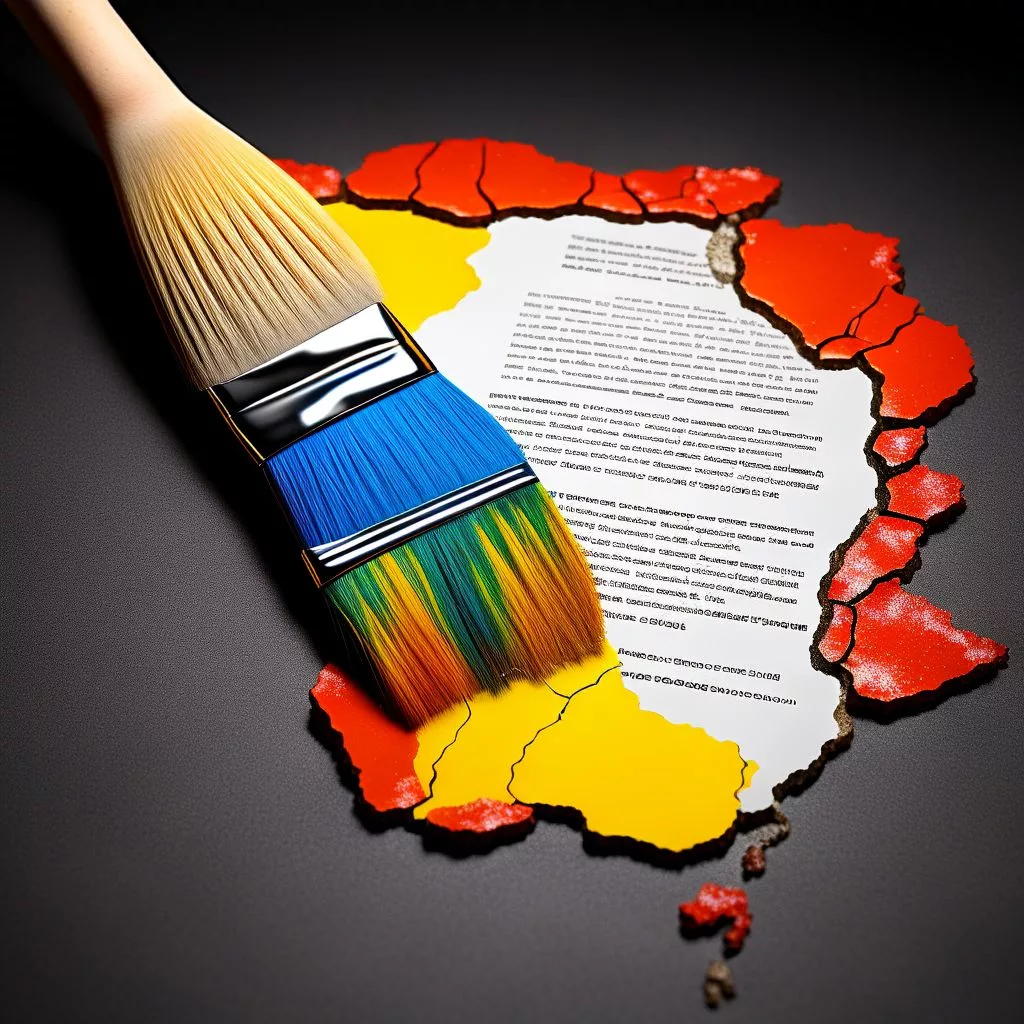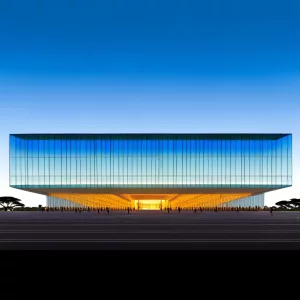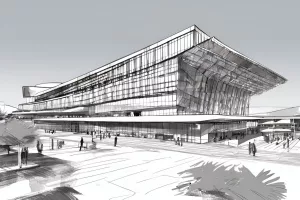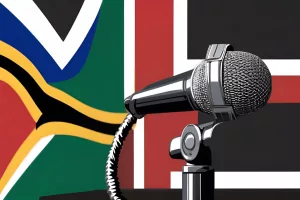The South African Law Reform Commission (SALRC) plays a key role in making sure the country’s laws match the values of the Constitution. It reviews old, unfair laws from the apartheid era and works to create fairer rules that protect everyone’s rights. By involving the public and using expert knowledge, the SALRC helps build a stronger democracy where justice, equality, and progress can grow. It also looks ahead to new challenges like technology, making sure laws stay fair and up to date in a changing world.
The appointment of CGE commissioners in South Africa showed how important it is for Parliament to include the public in big decisions. The Constitutional Court ruled that just sharing names isn’t enough people must get clear information and real chances to have their say. This ruling pushed Parliament to rethink how it listens to citizens, making democracy stronger and more open. The case reminds us that true democracy means everyone’s voice matters, not just once, but all the time.
A new era has begun in South Africa with the start of the seventh term of the democratic Parliament. The Parliament, chosen by the people, will not only create laws and supervise government activities but also elect a President to lead the nation. The transition to the new term was successfully managed through a partnership between the Executive, the Judiciary, and Parliament, showcasing the strength of our constitutional democracy. The inauguration ceremonies will take place at the Cape Town International Convention Centre, where the new Members will be sworn in, and the President will be elected, marking a crucial step in South Africa’s democratic journey.
Understanding the correct parliamentary titles and procedures is crucial for maintaining the integrity of South Africa’s democratic system. The Presiding Officer of the National Assembly should be referred to as the “Speaker of the National Assembly,” and it’s important to differentiate between the “State of the Nation Address” and “Opening of Parliament Address.” Misinterpretations and misnomers can lead to communication gaps and misunderstandings that can impact the functioning of parliamentary structures. It’s essential for all stakeholders to use accurate terminology and understand parliamentary processes to safeguard the integrity of South Africa’s democracy.
South Africa is devoted to upholding human rights and has made significant progress in enforcing the Bill of Rights, but acknowledges that challenges still exist. Minister Naledi Pandor’s speech at the 55th Human Rights Council was an impassioned affirmation of South Africa’s commitment to human rights, both domestically and internationally. The country condemns all forms of discrimination, particularly racism, and is committed to combating it. South Africa believes in a strong United Nations to safeguard human rights and calls for an equitable multilateral system to ensure human rights everywhere and for everyone.





